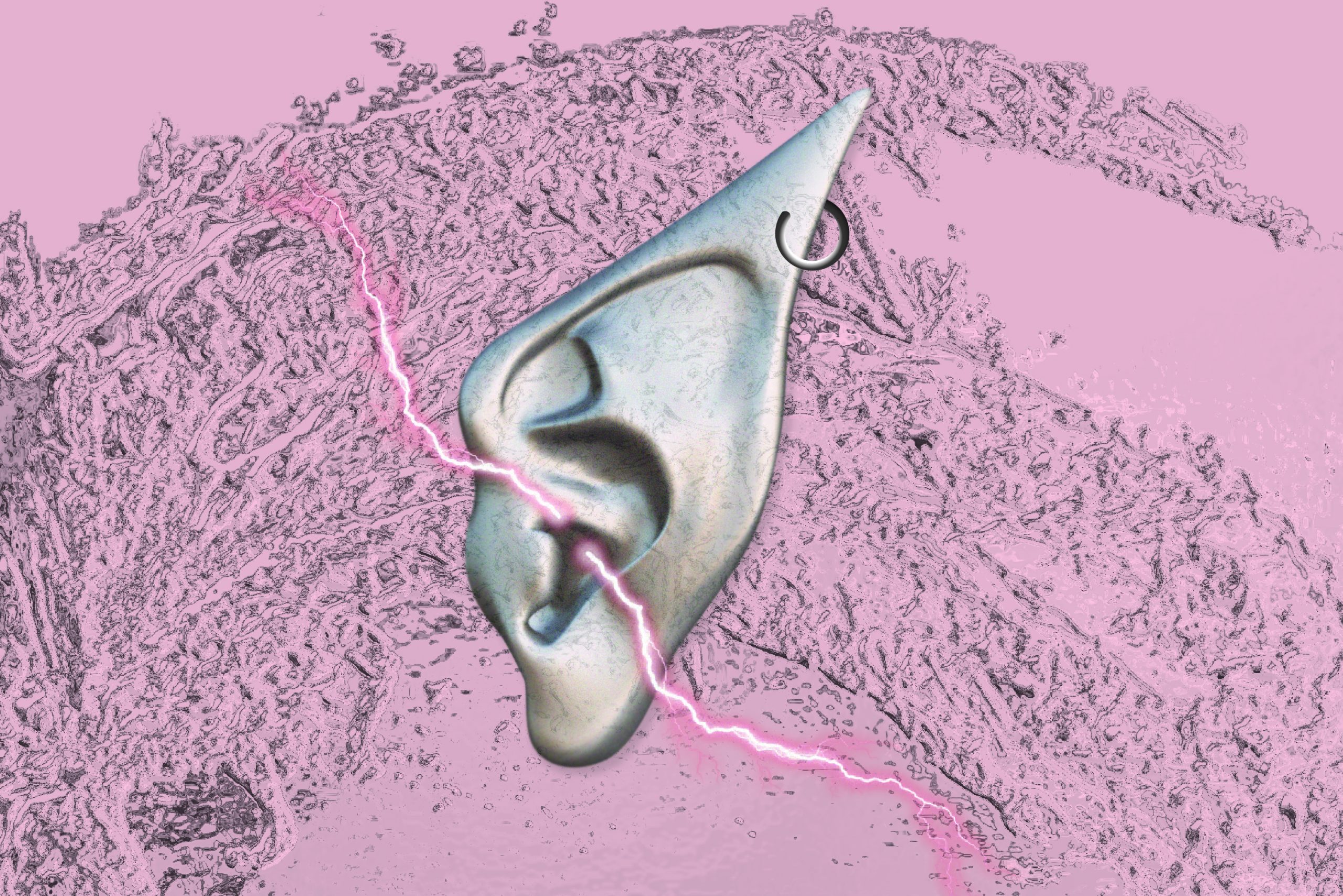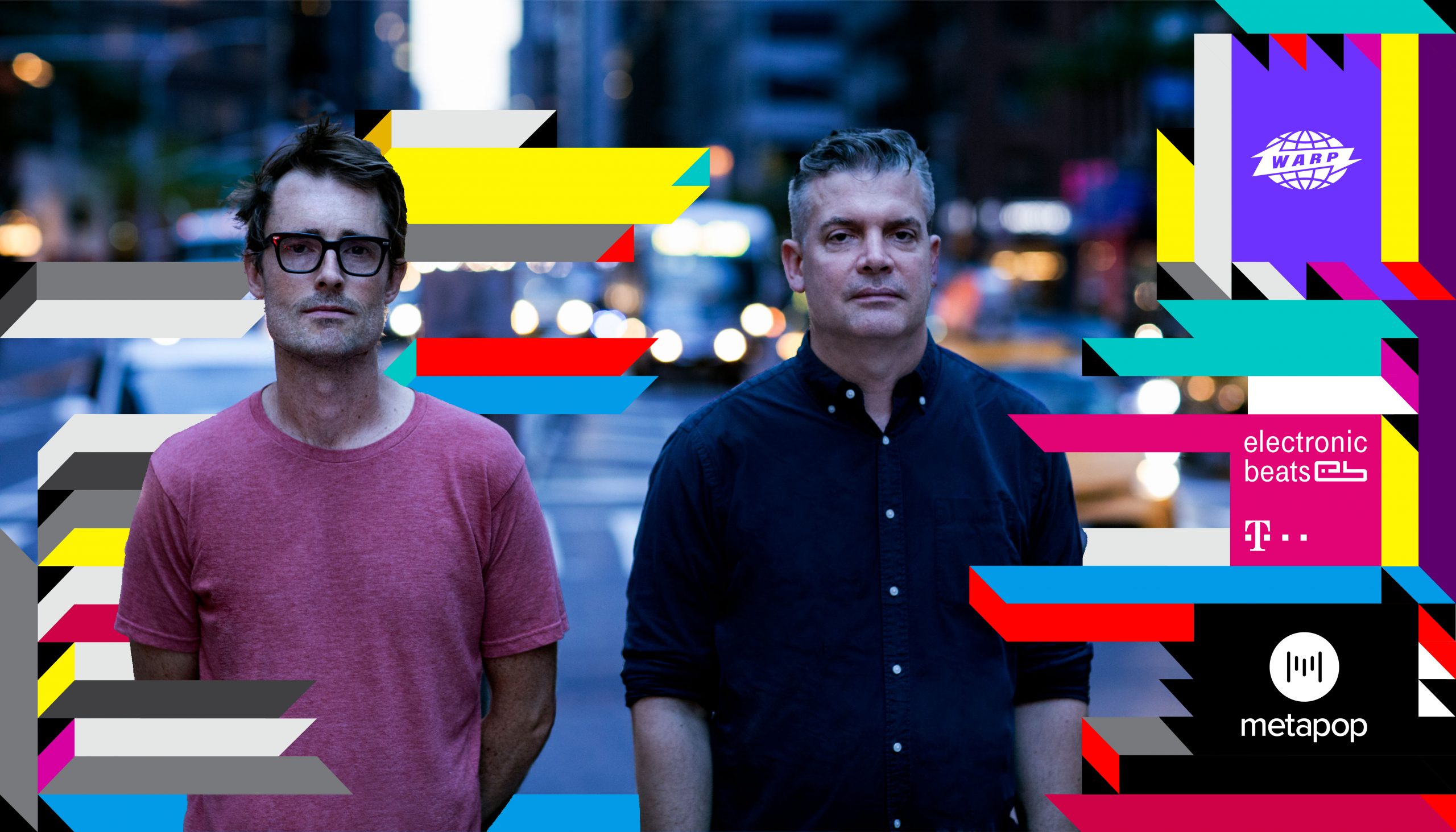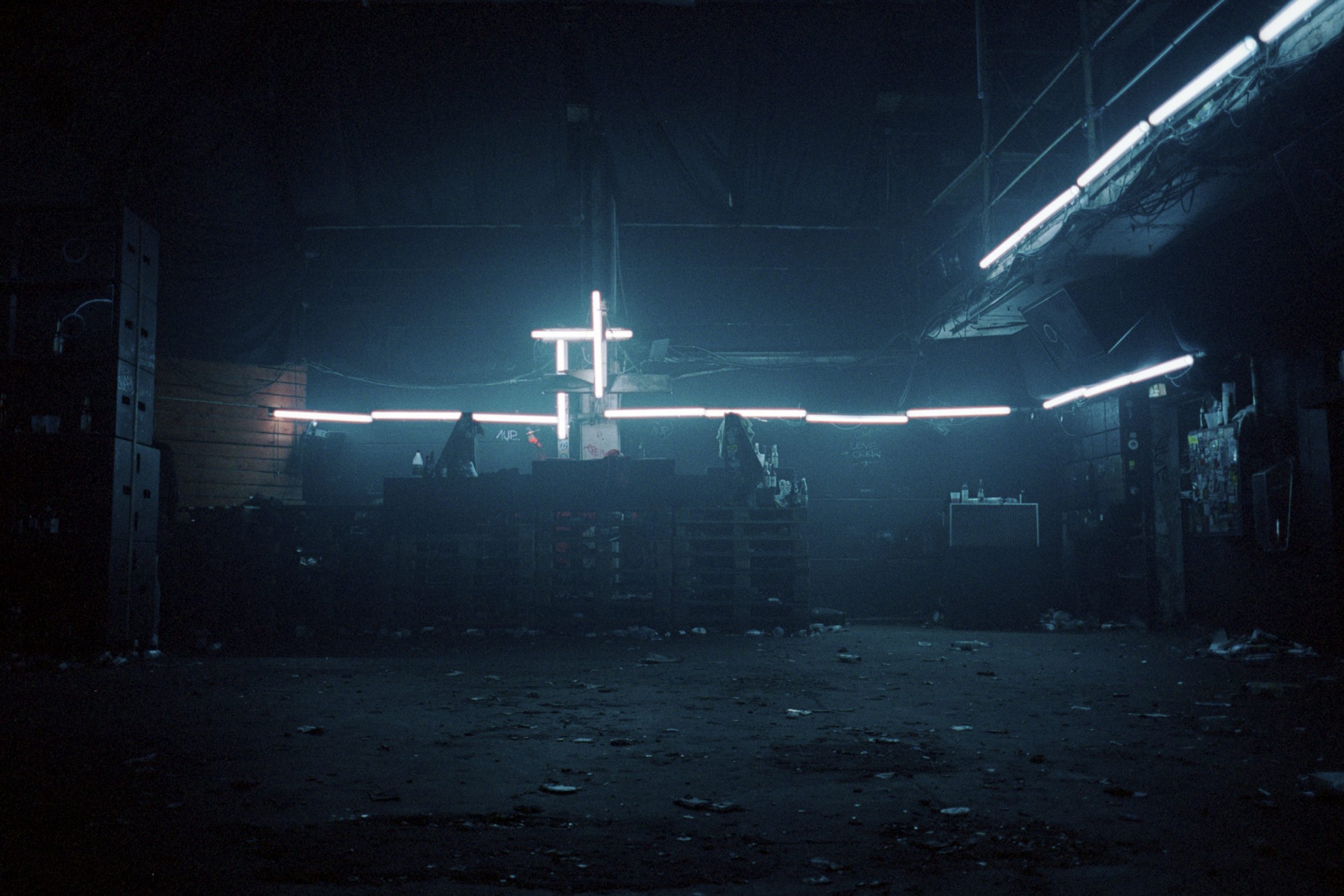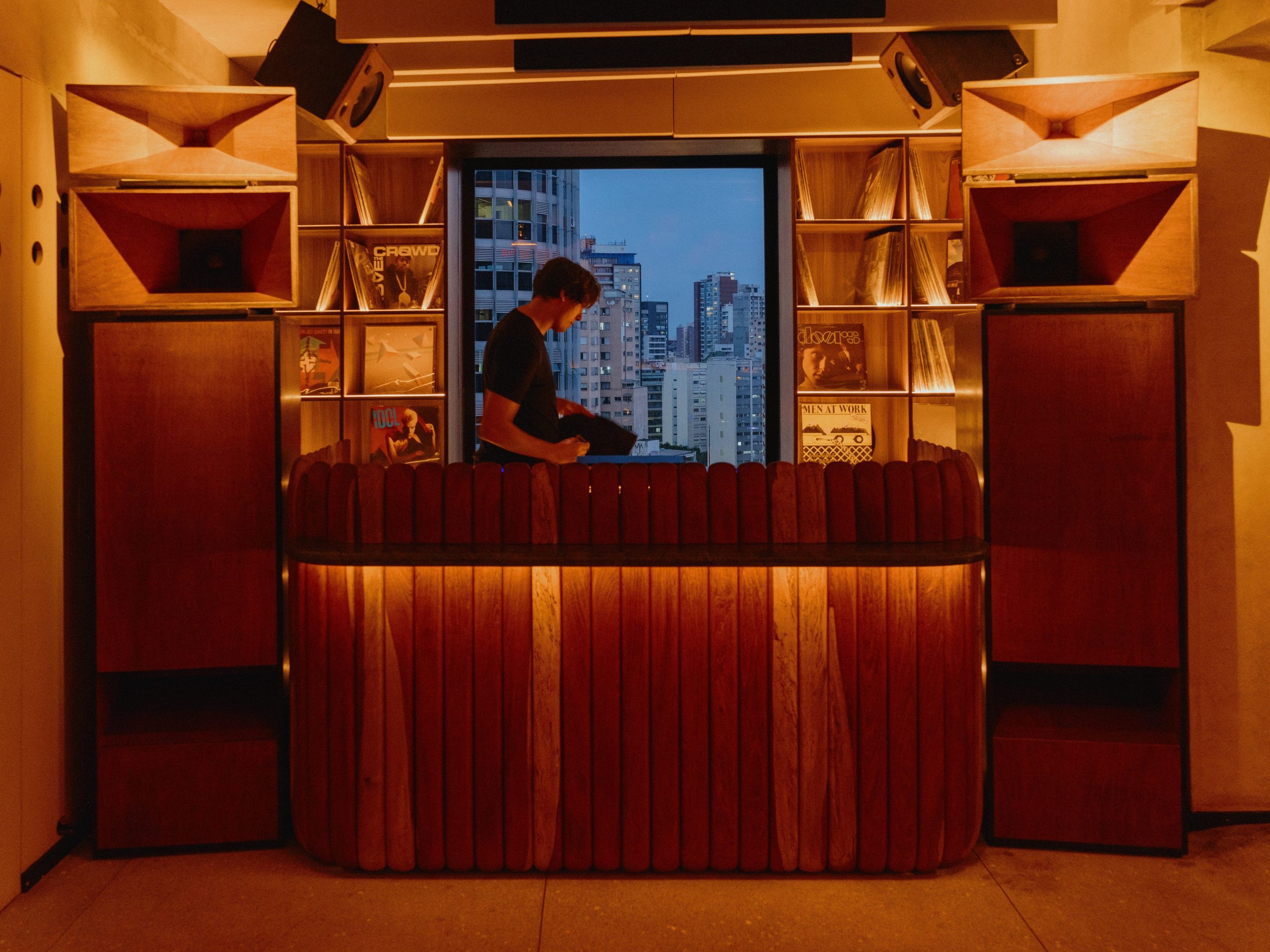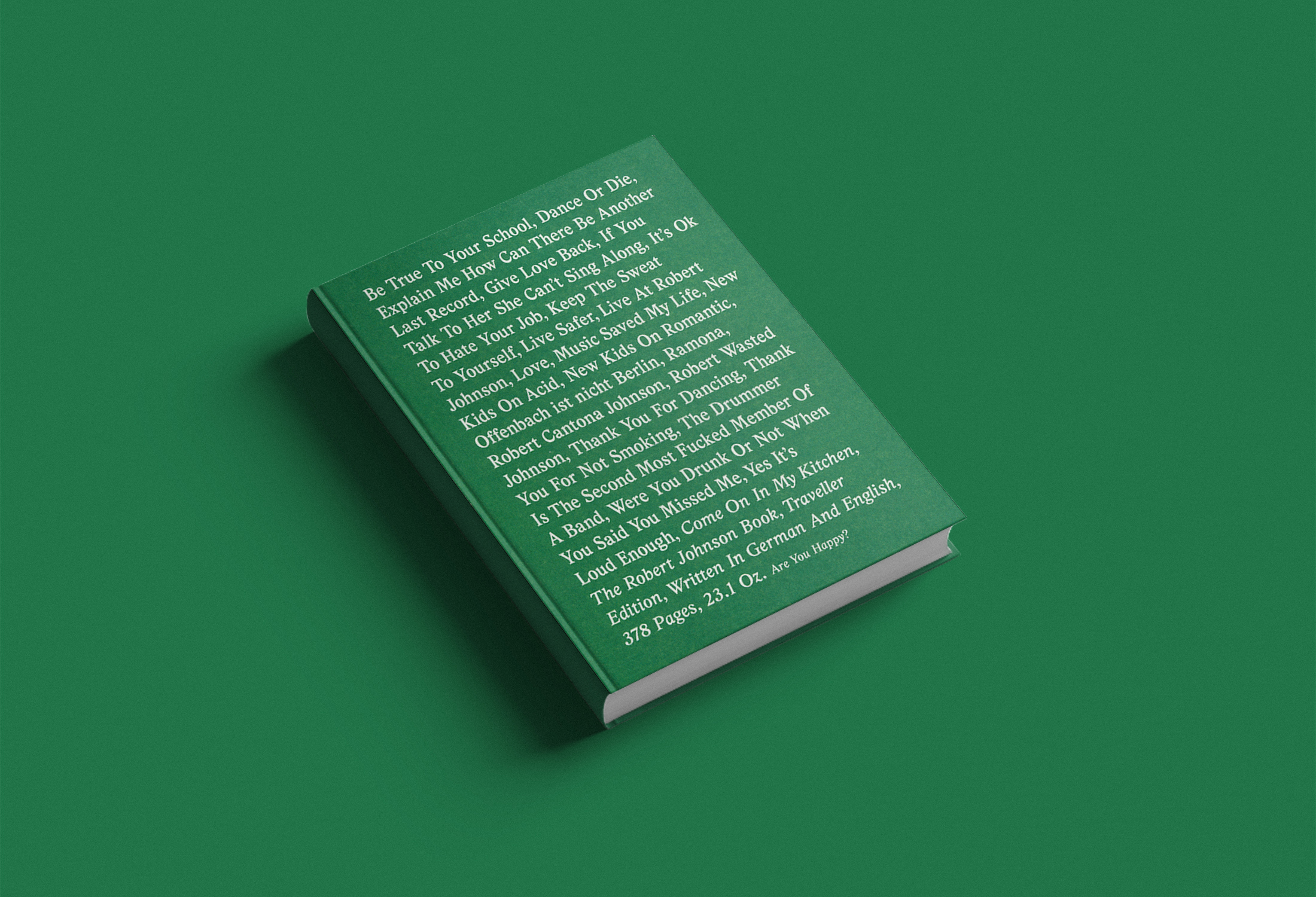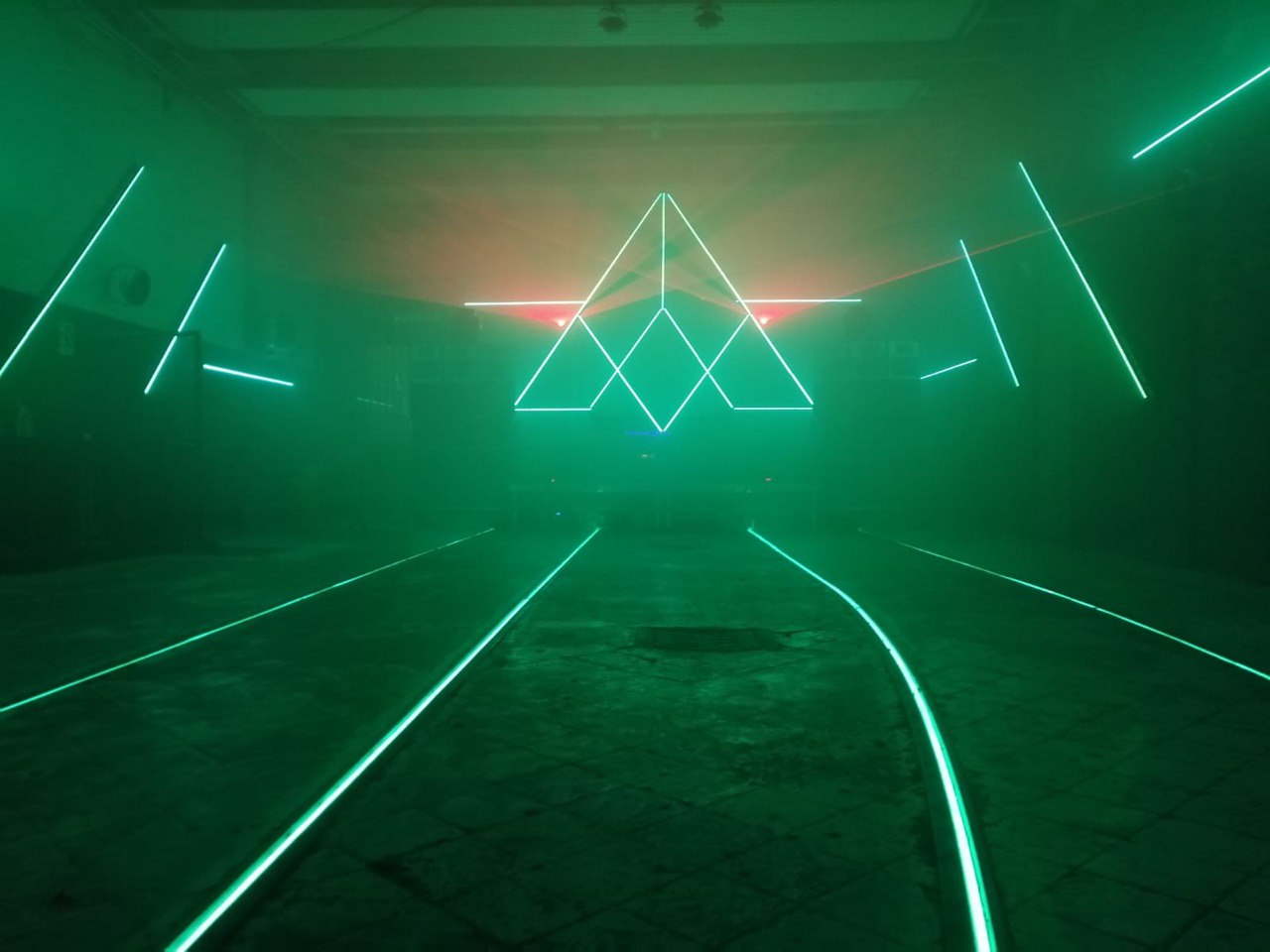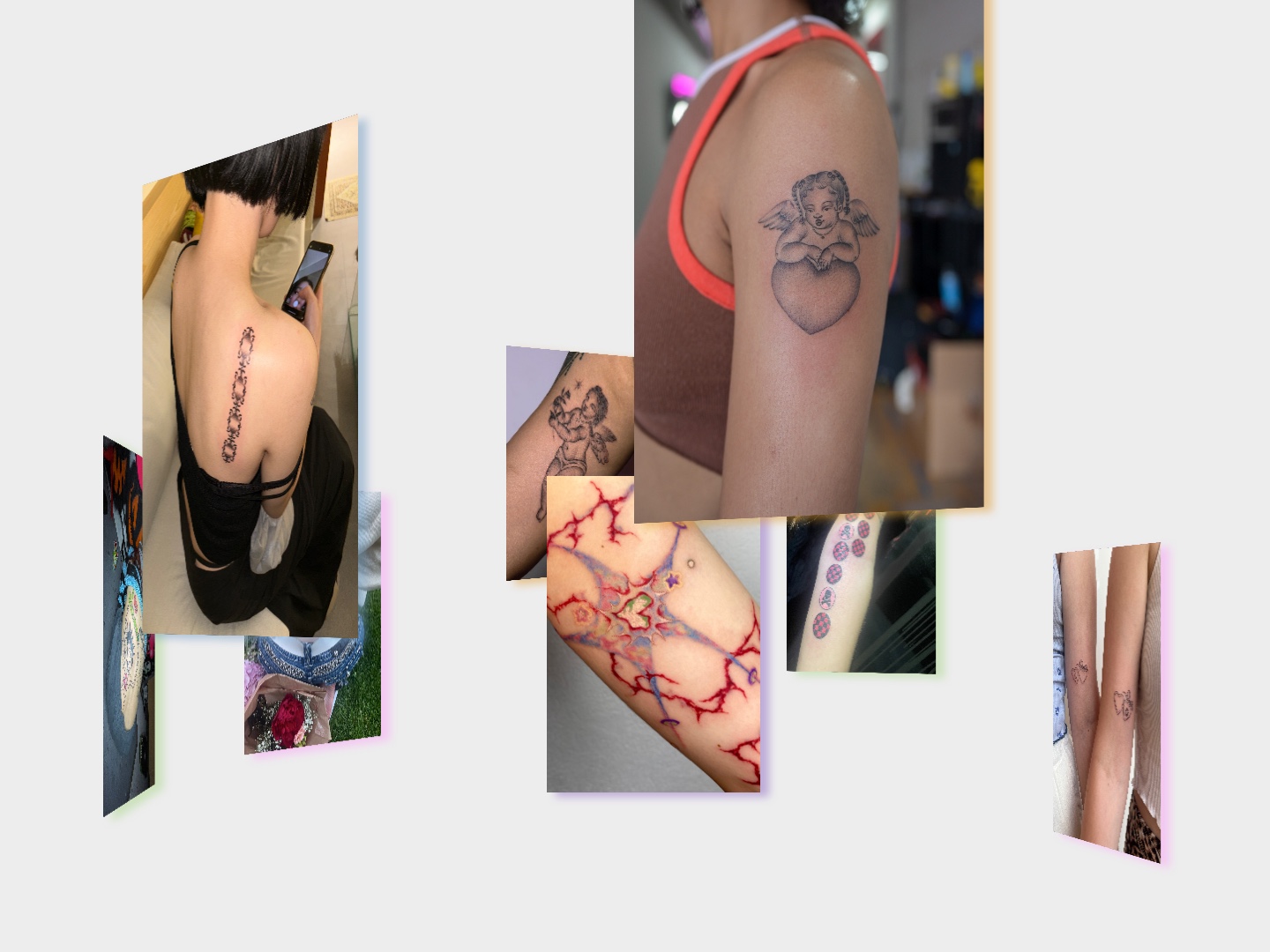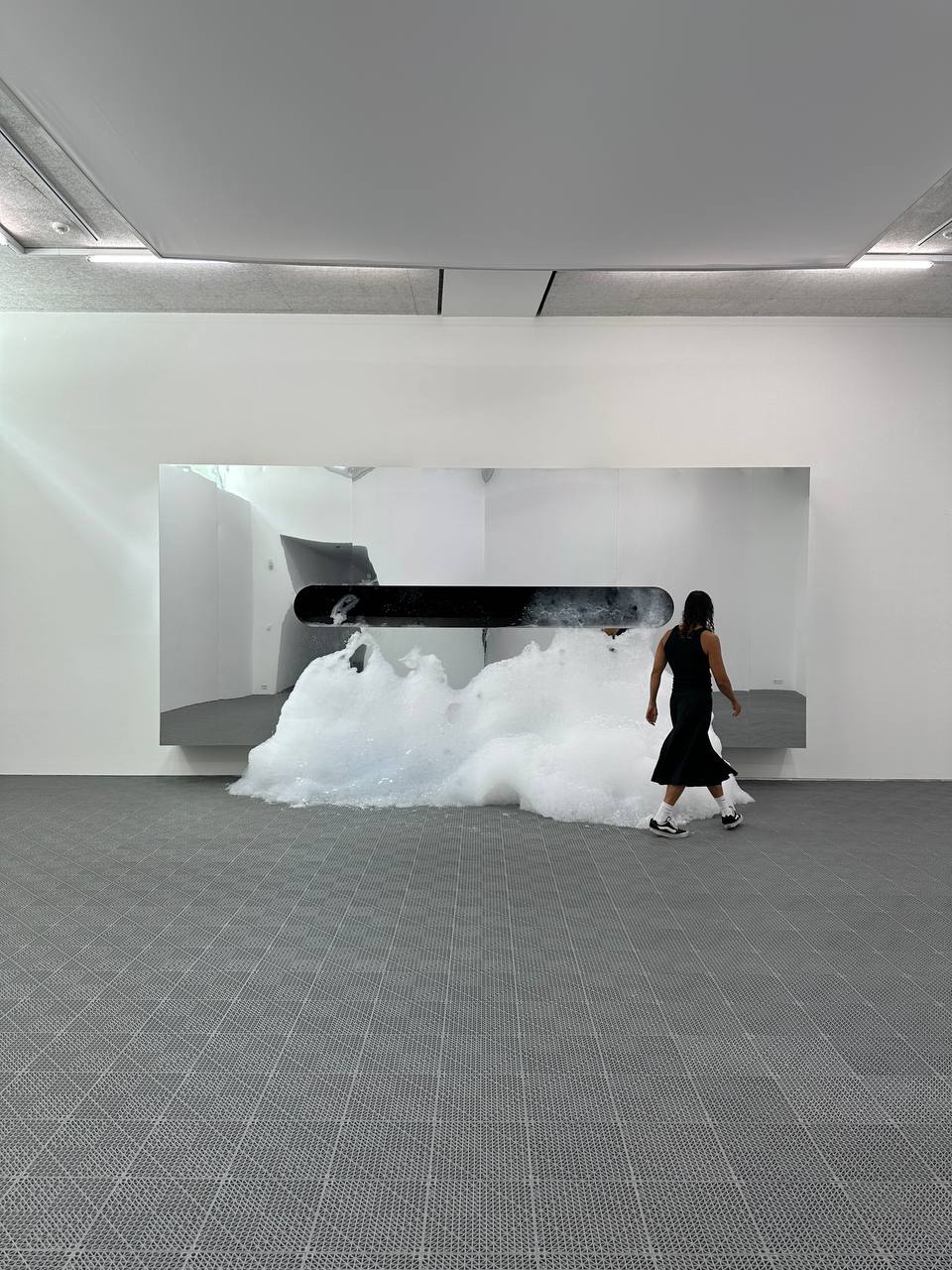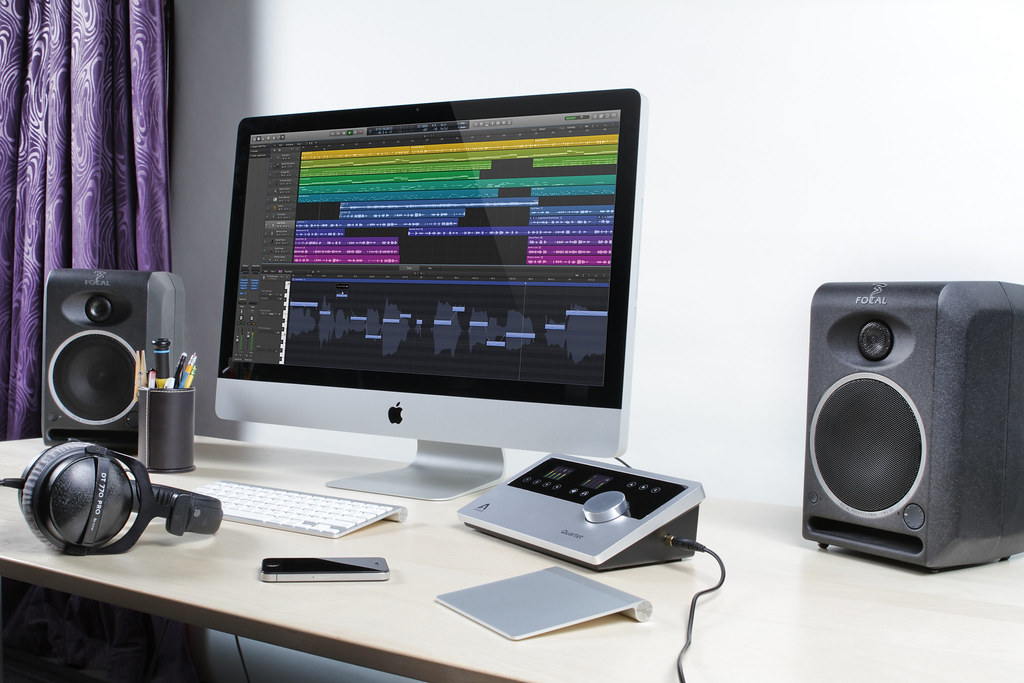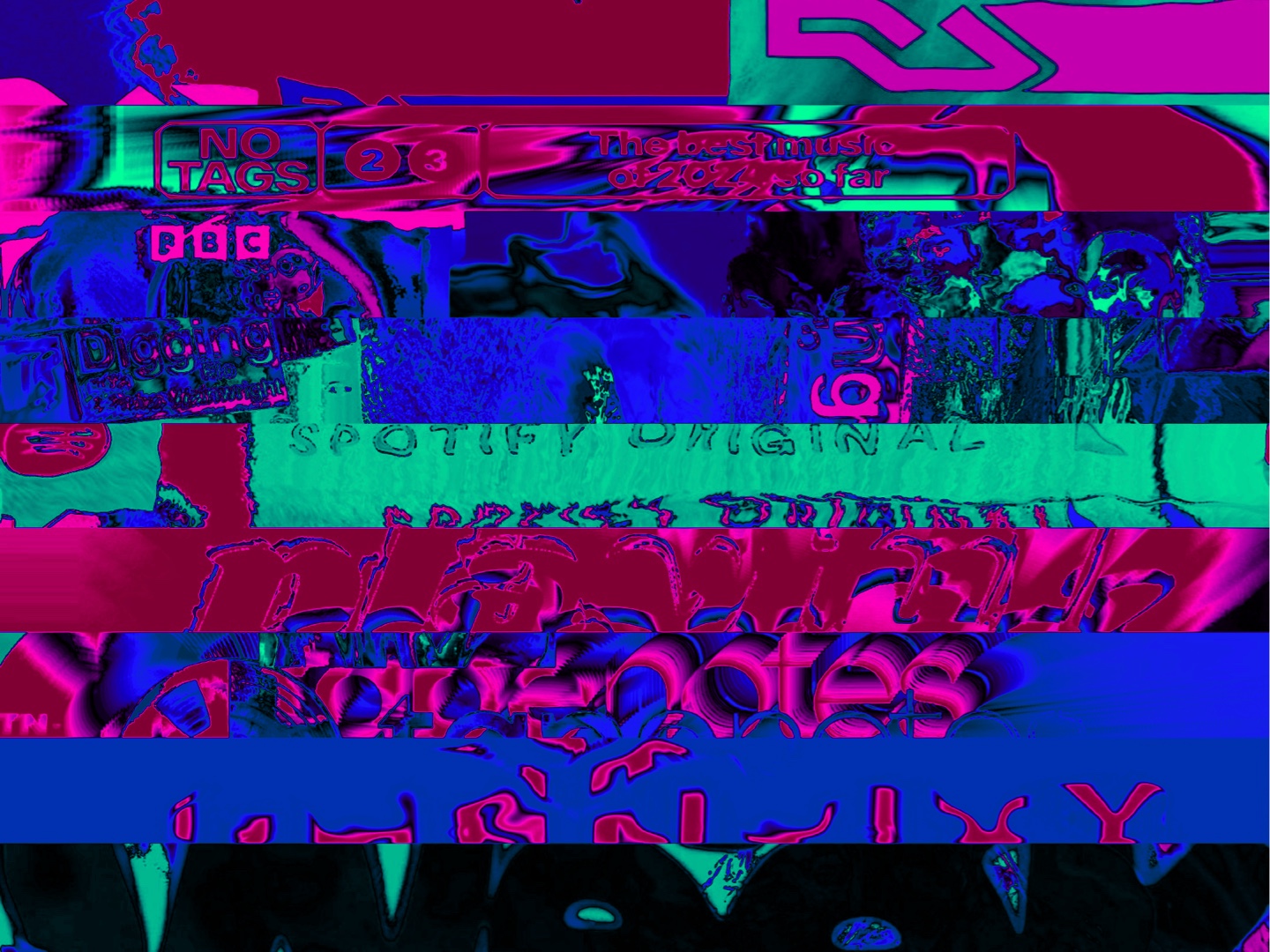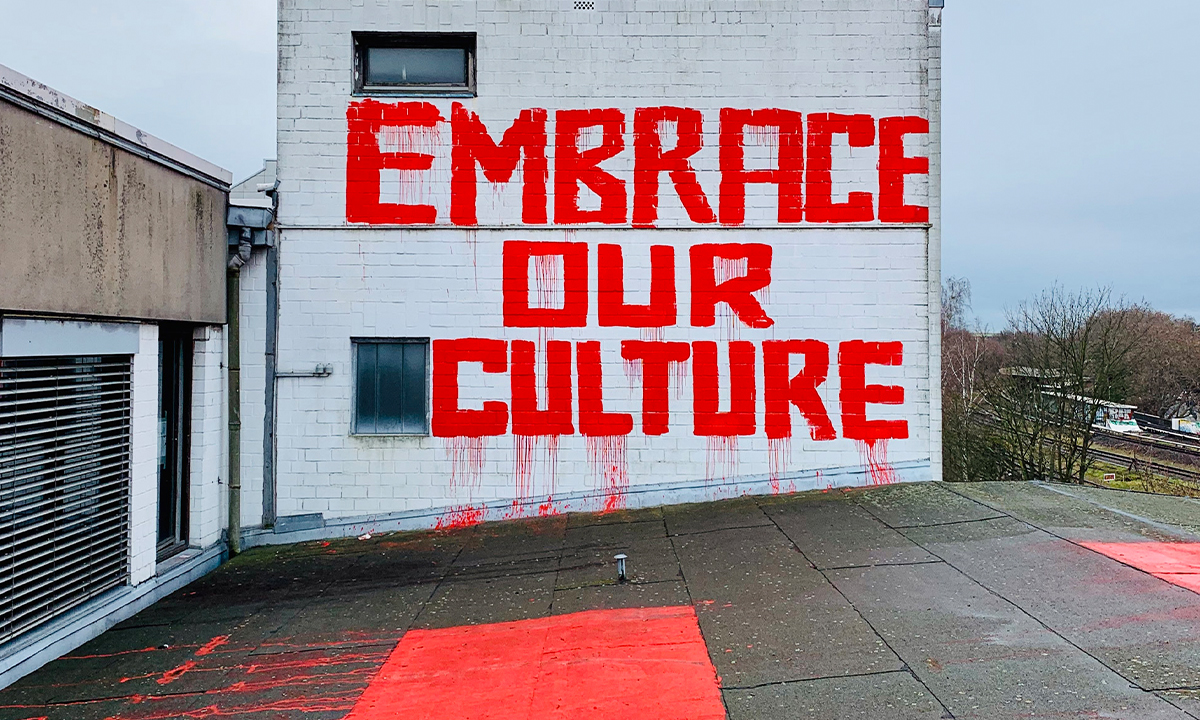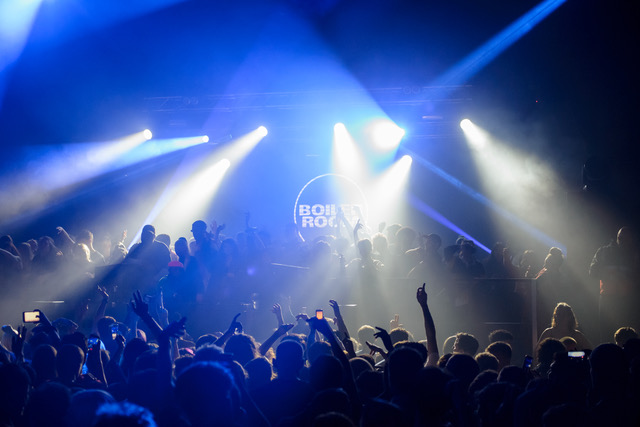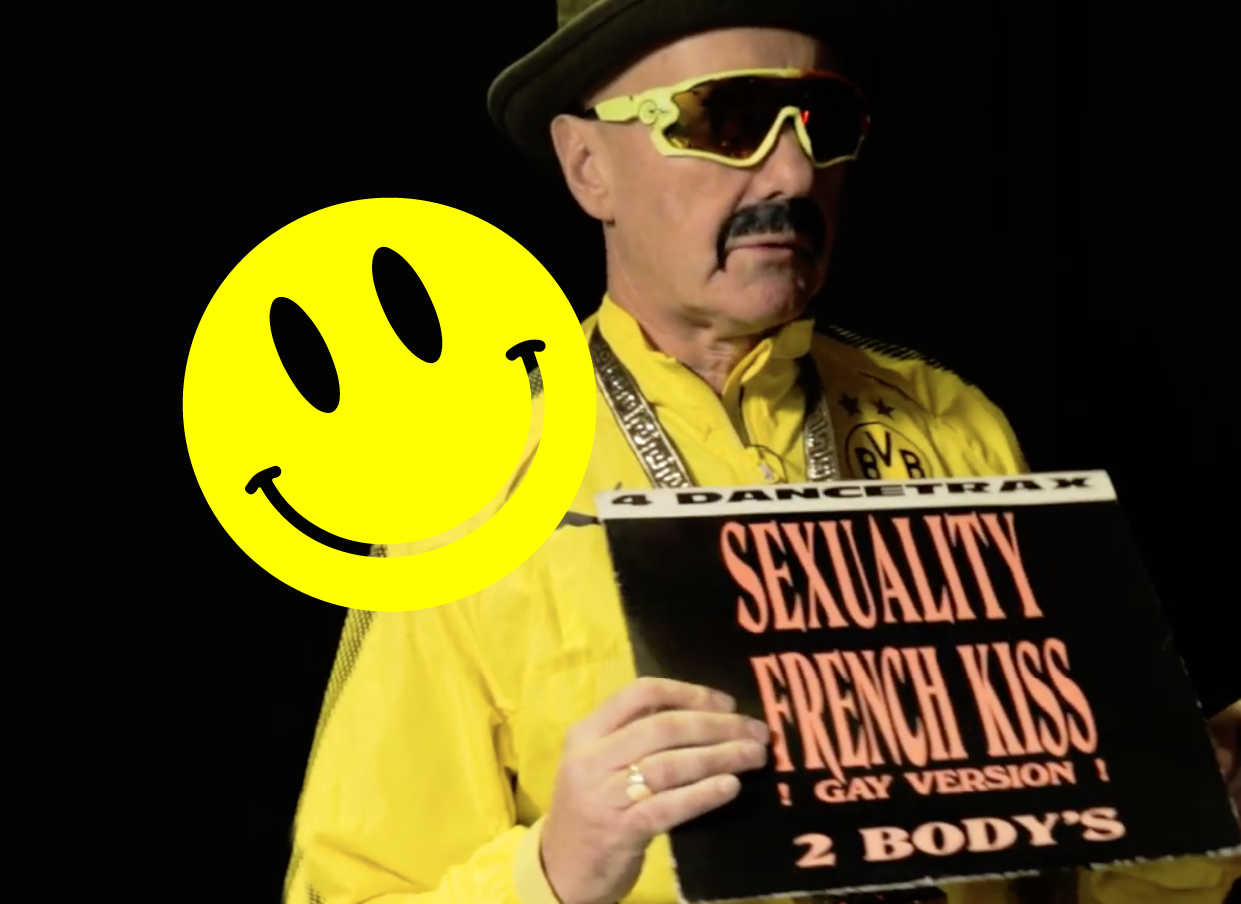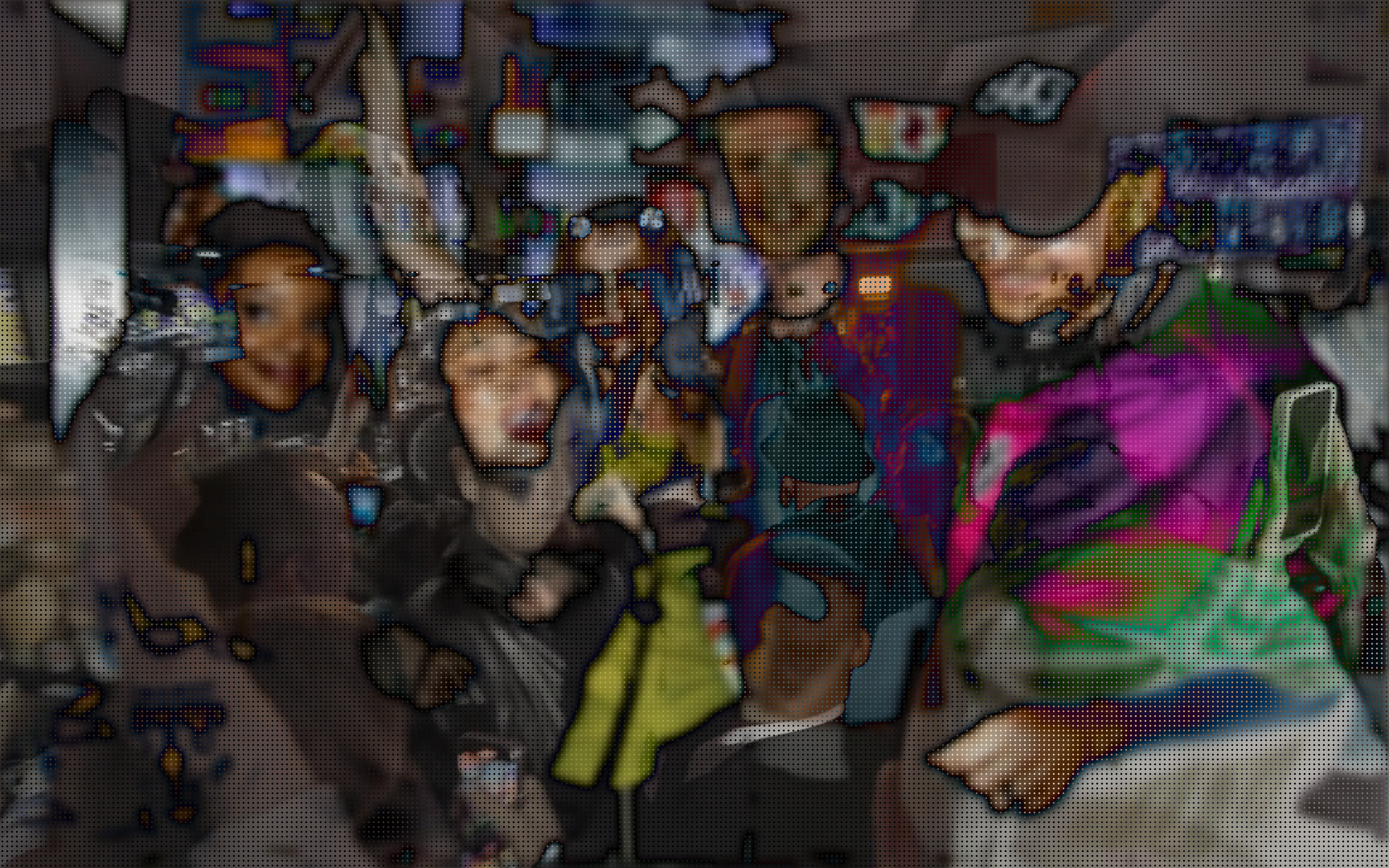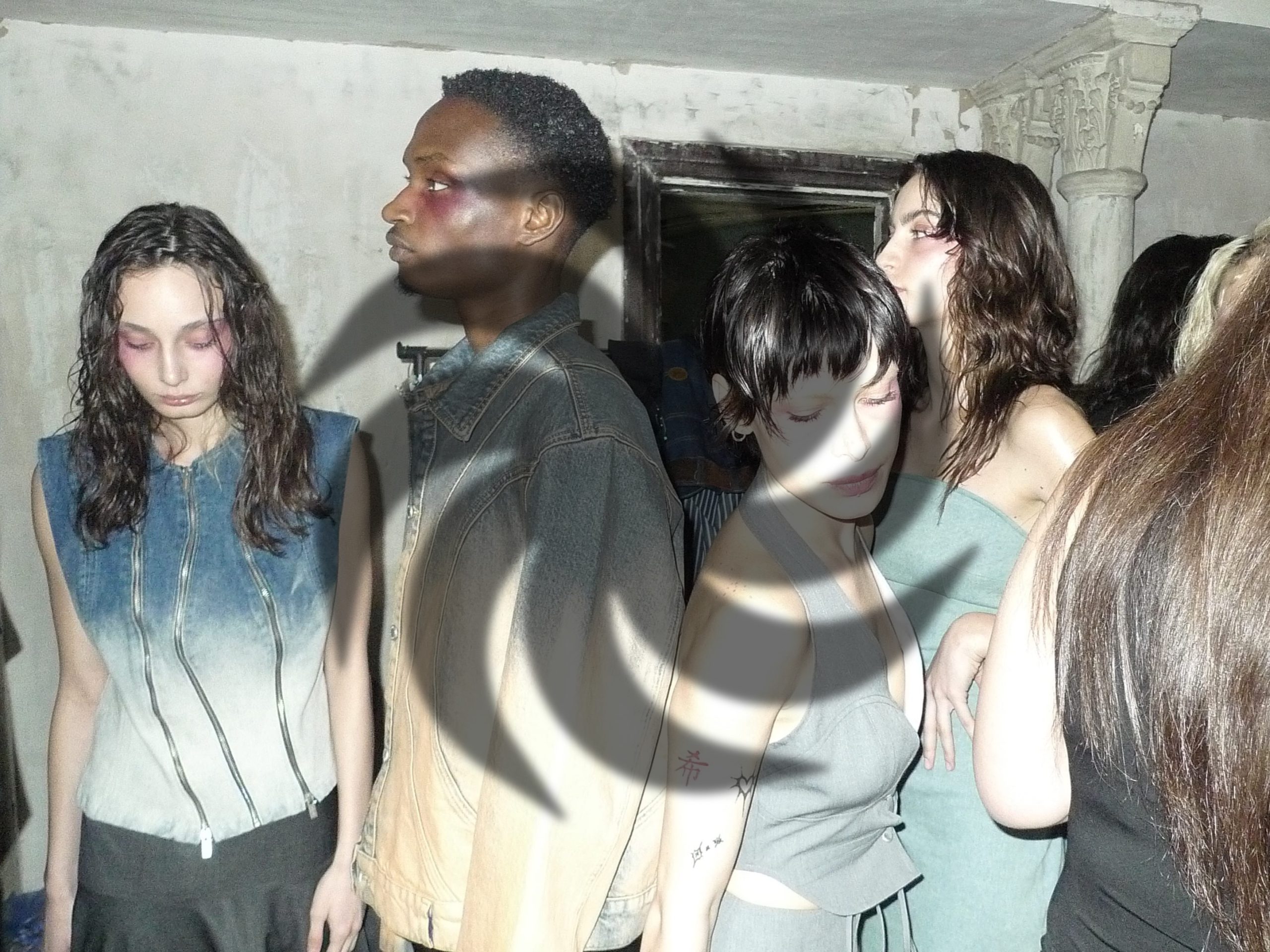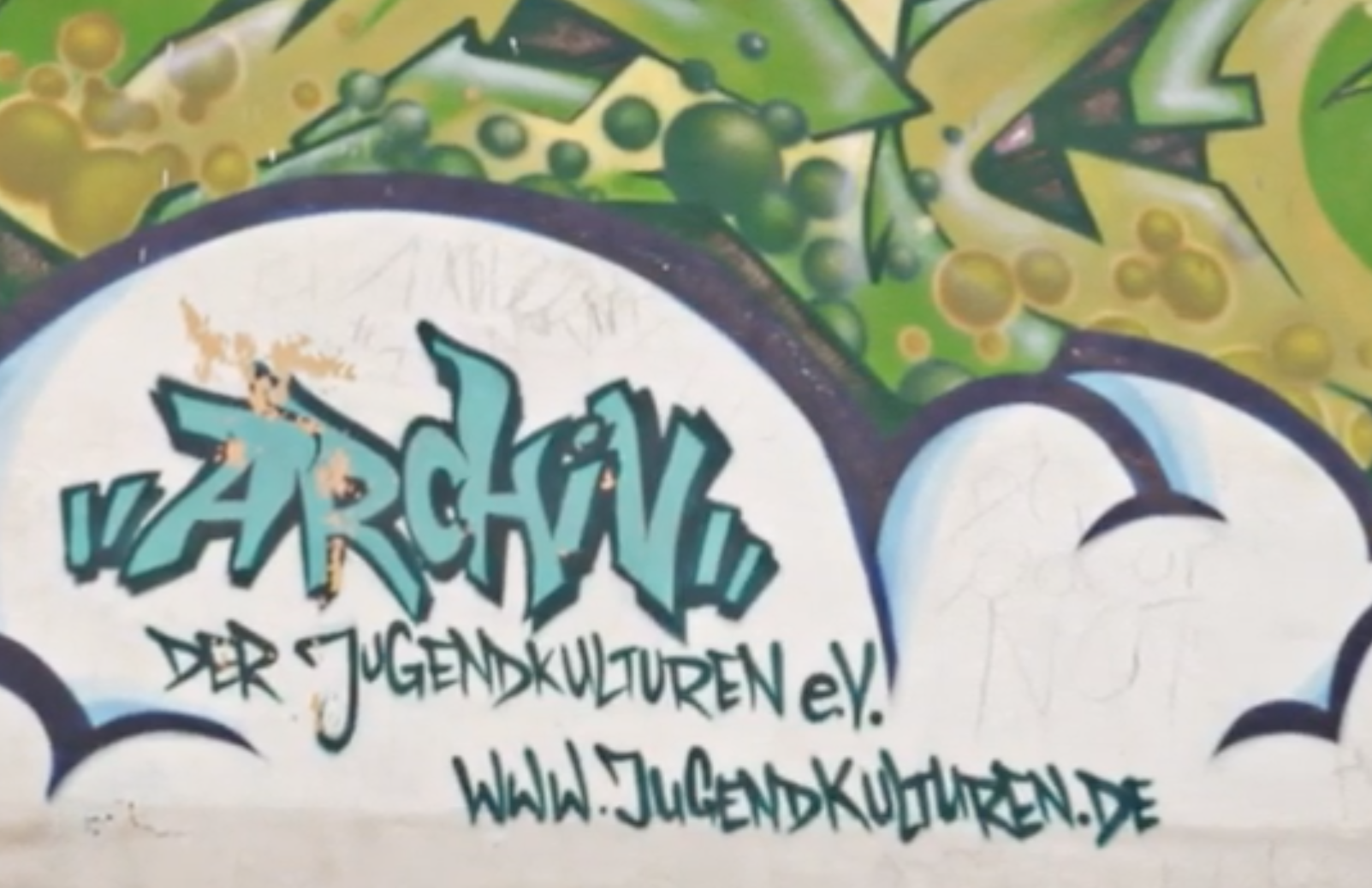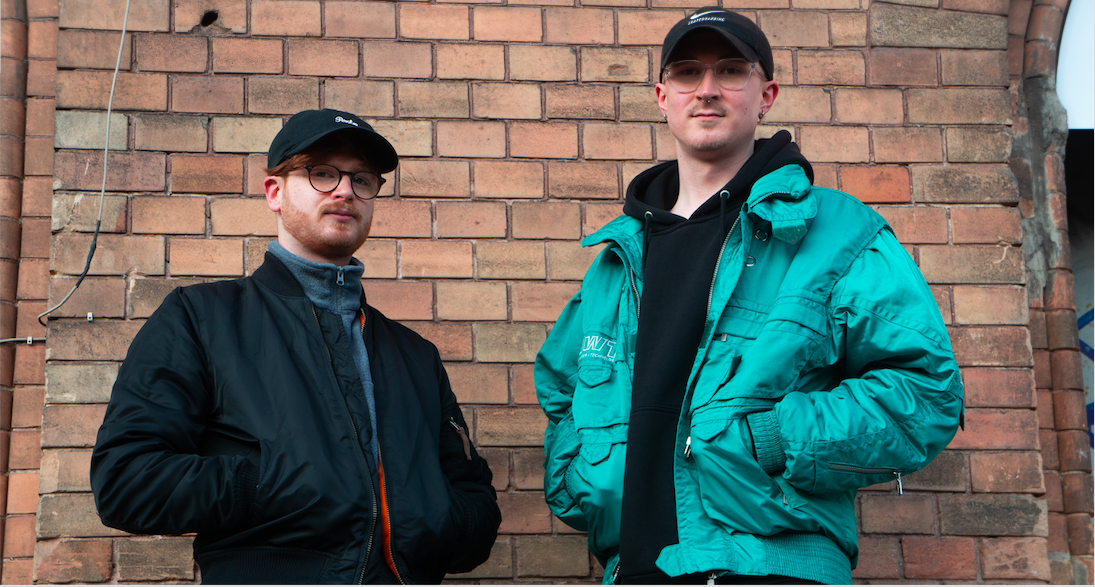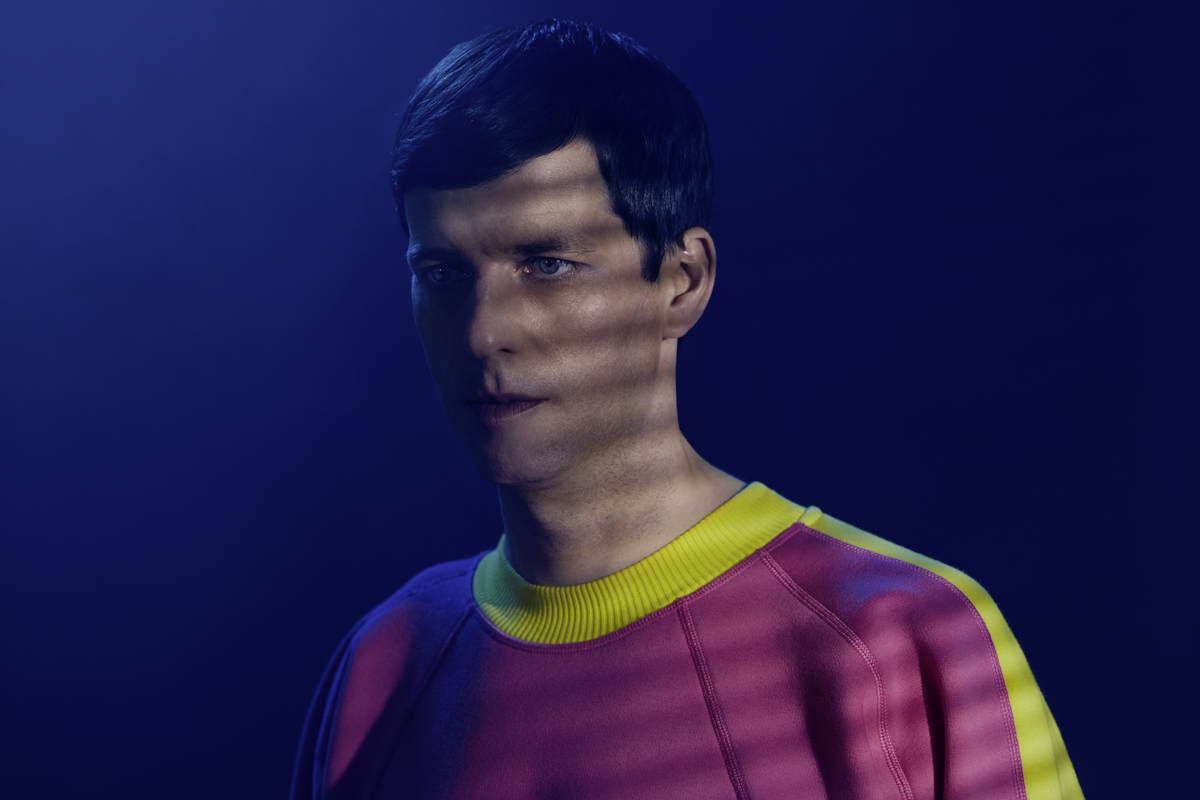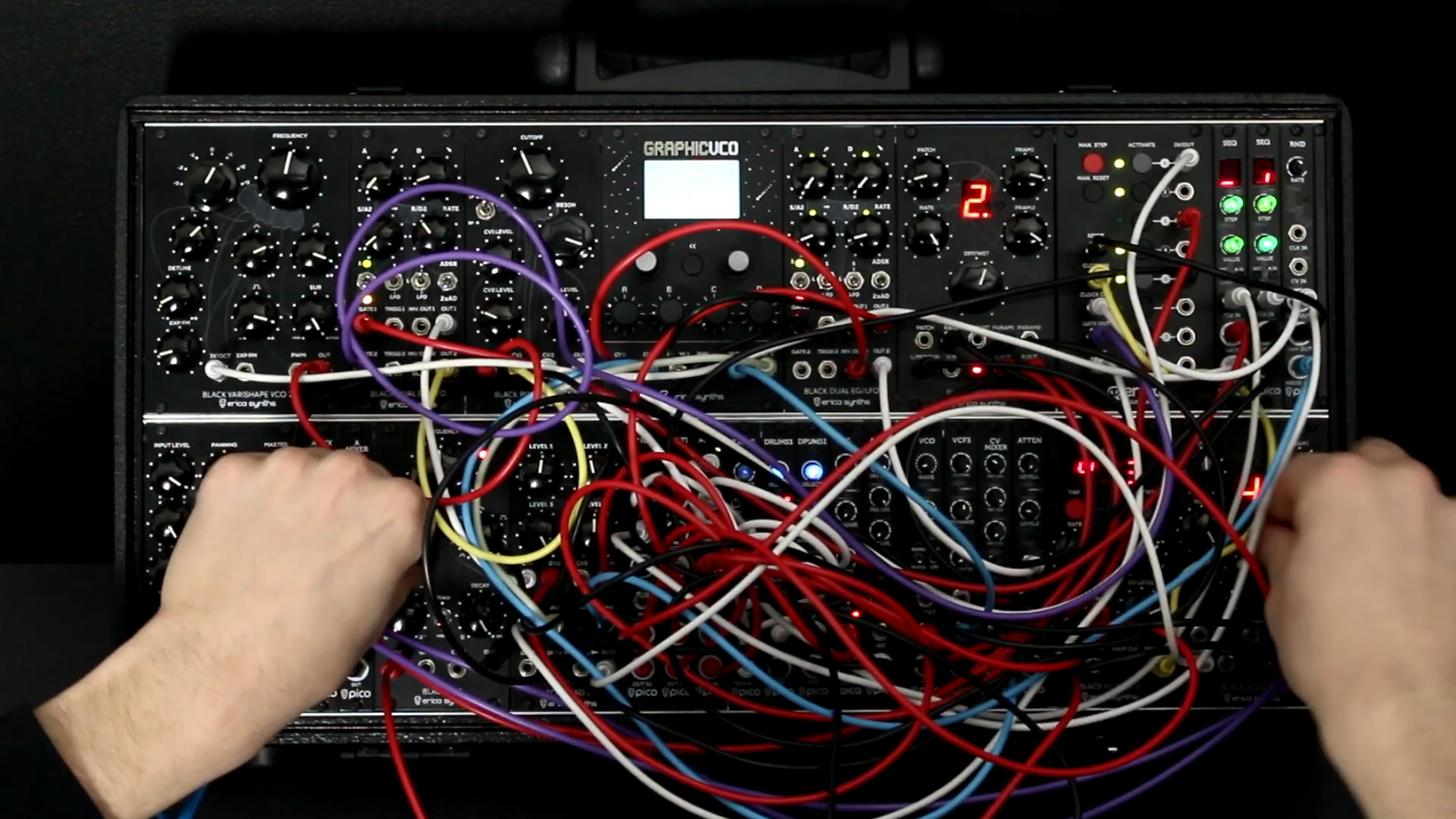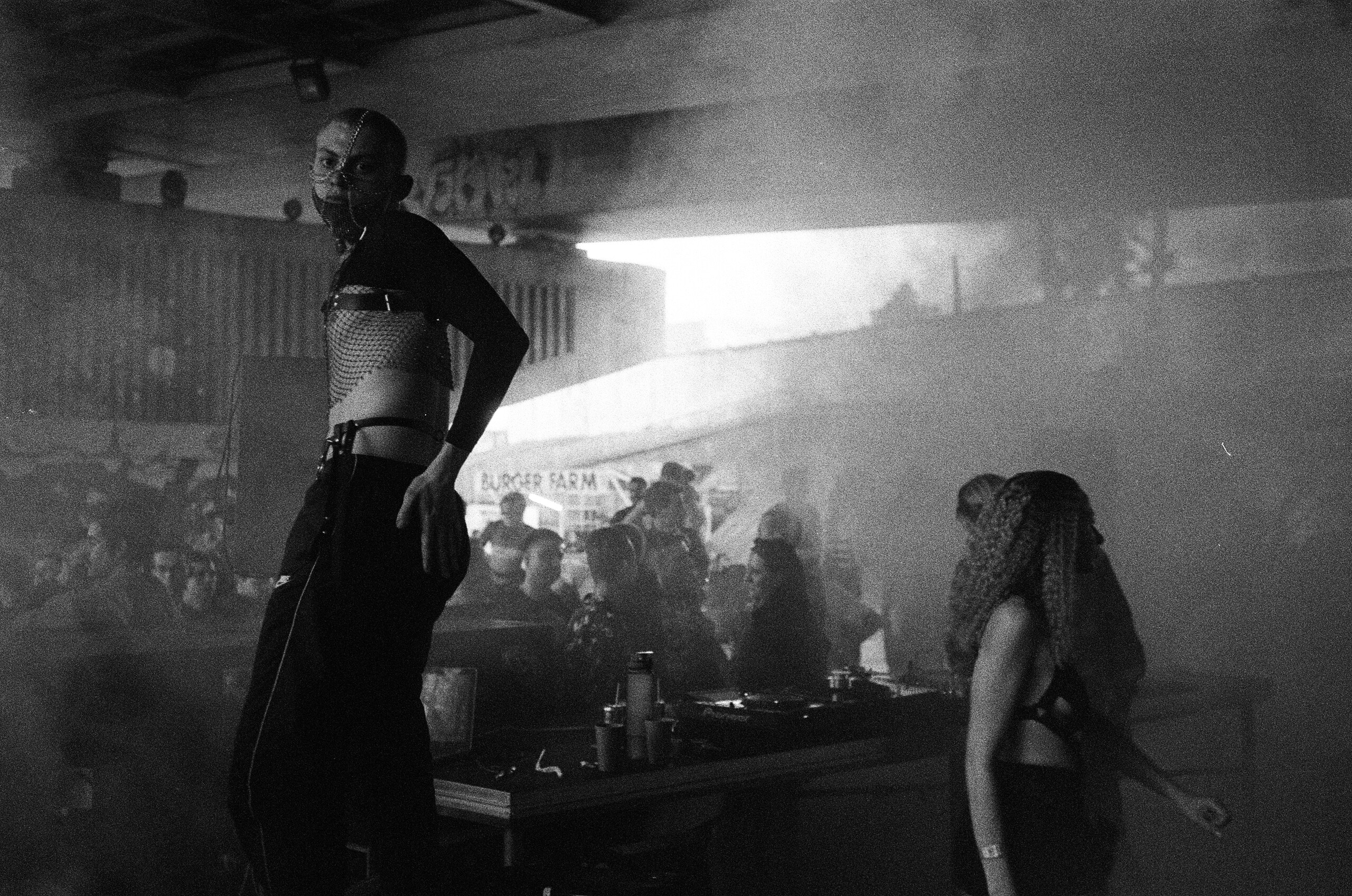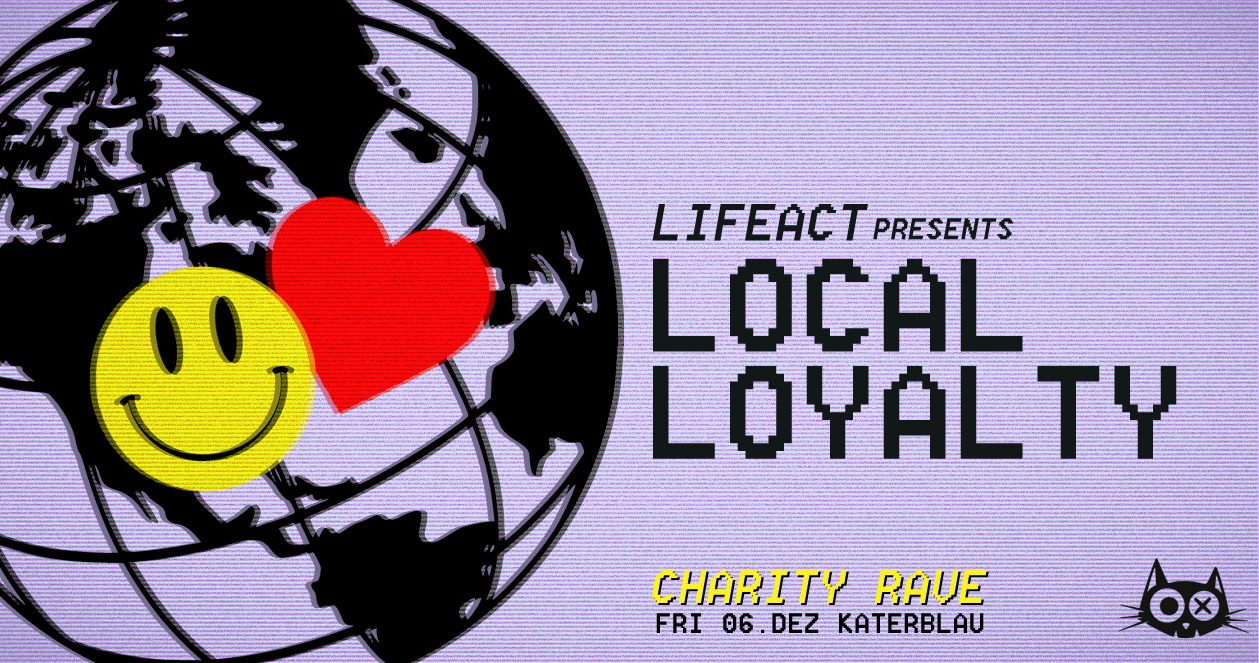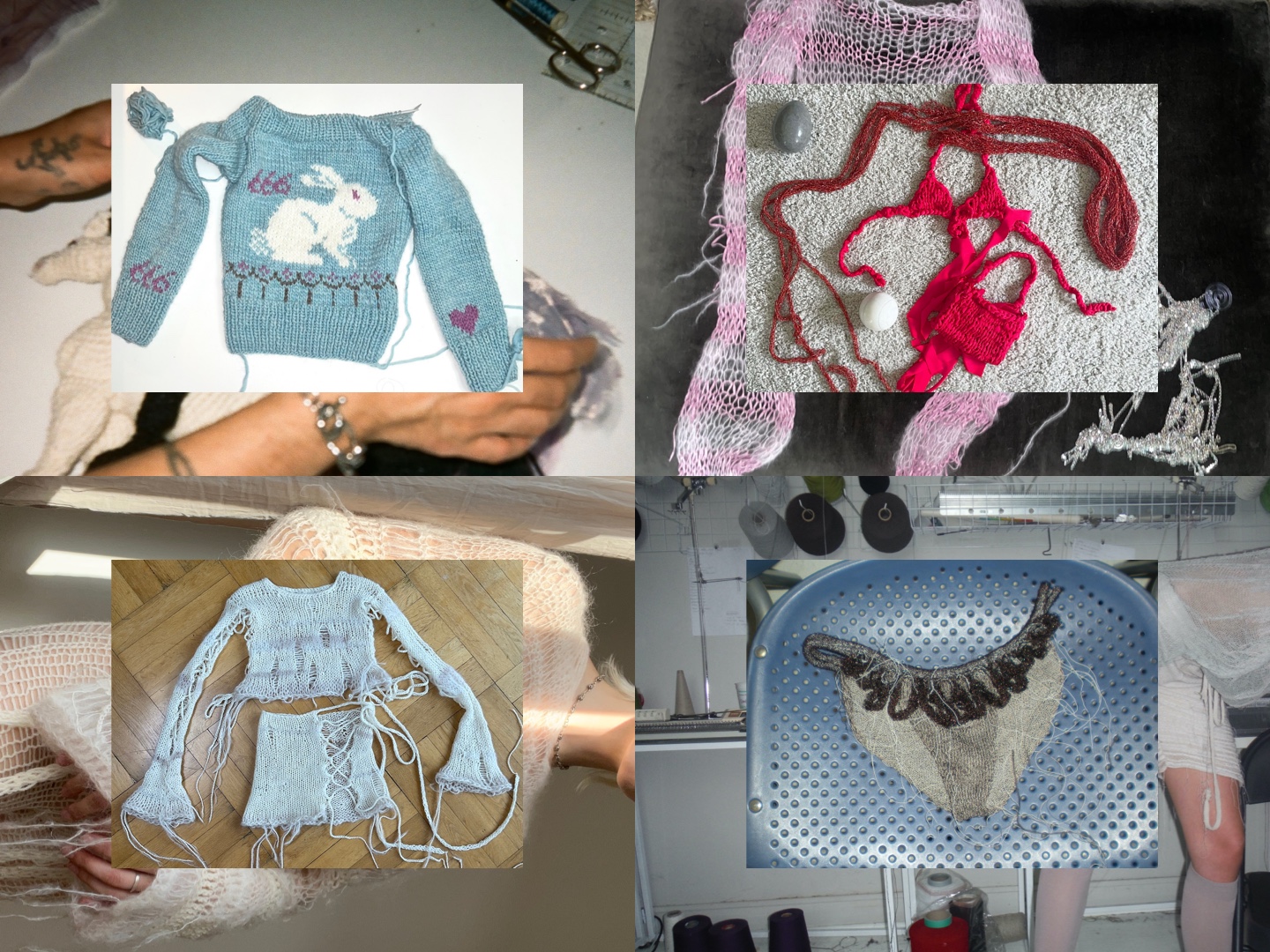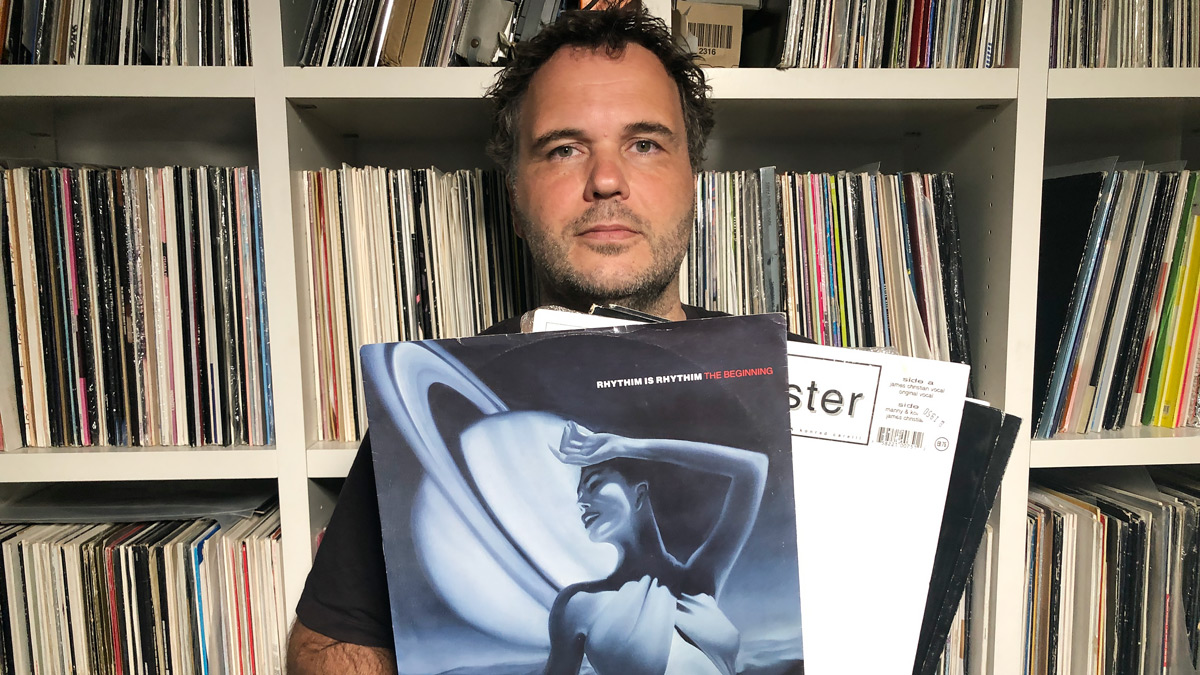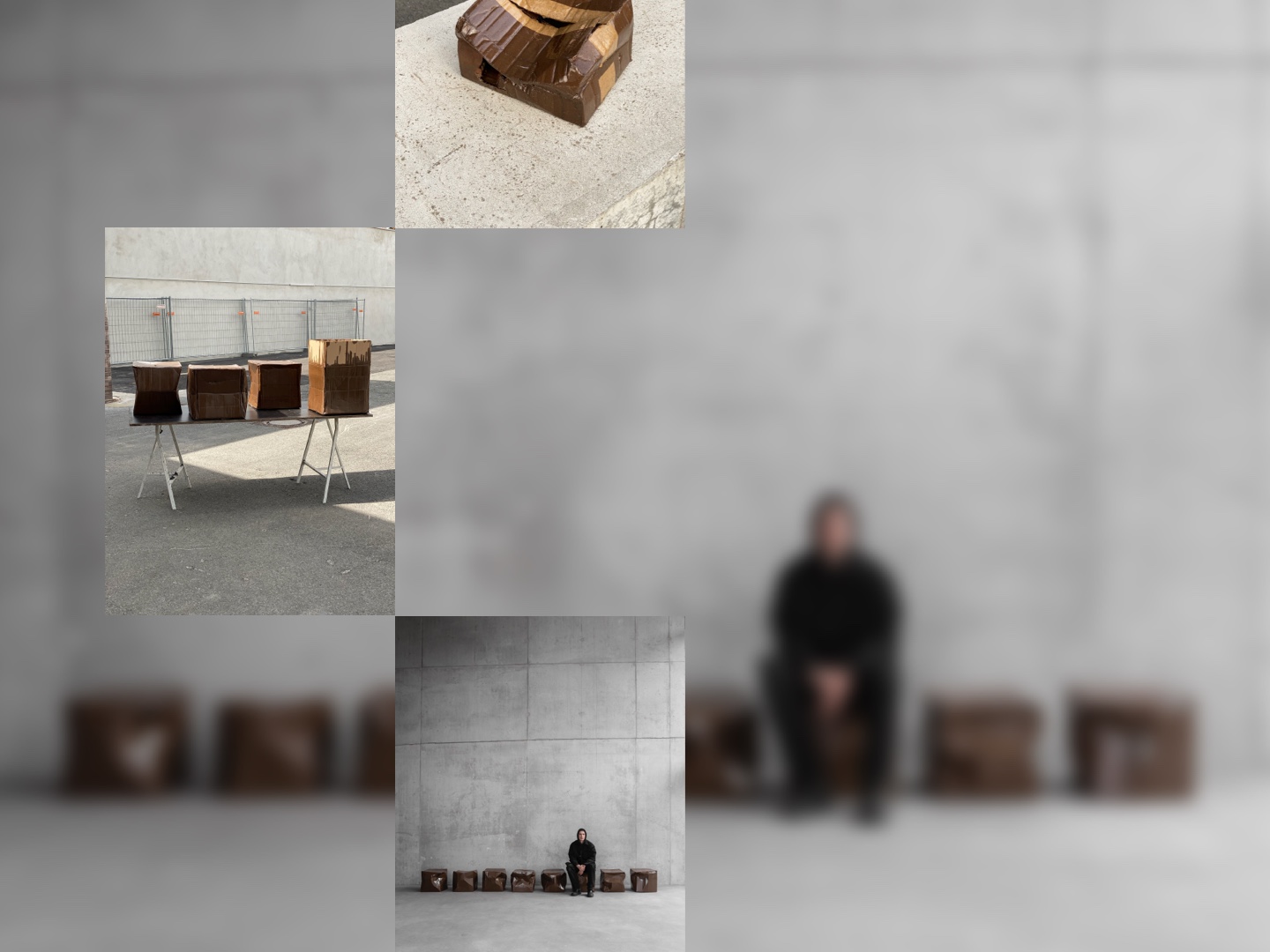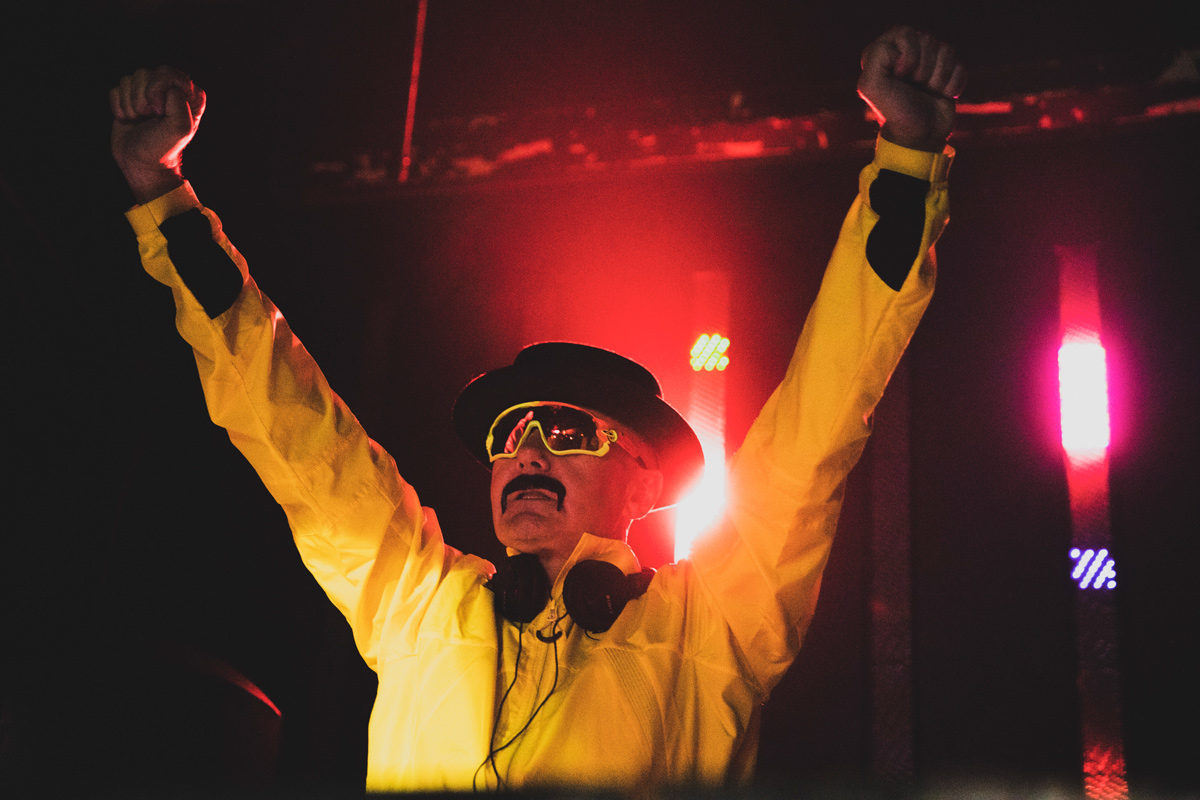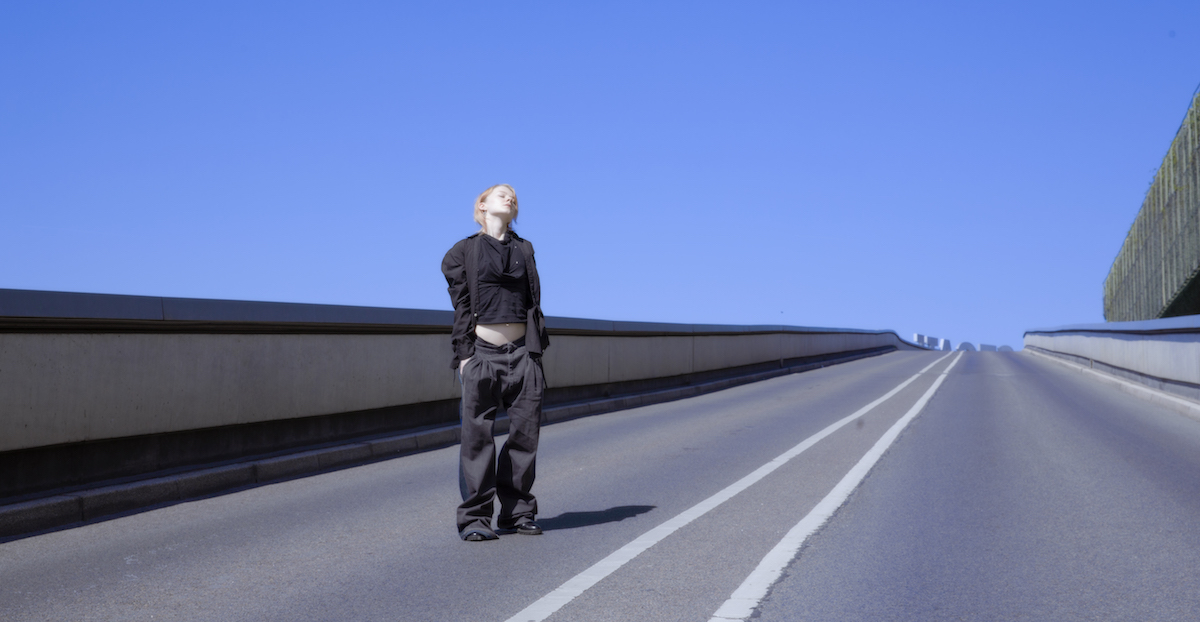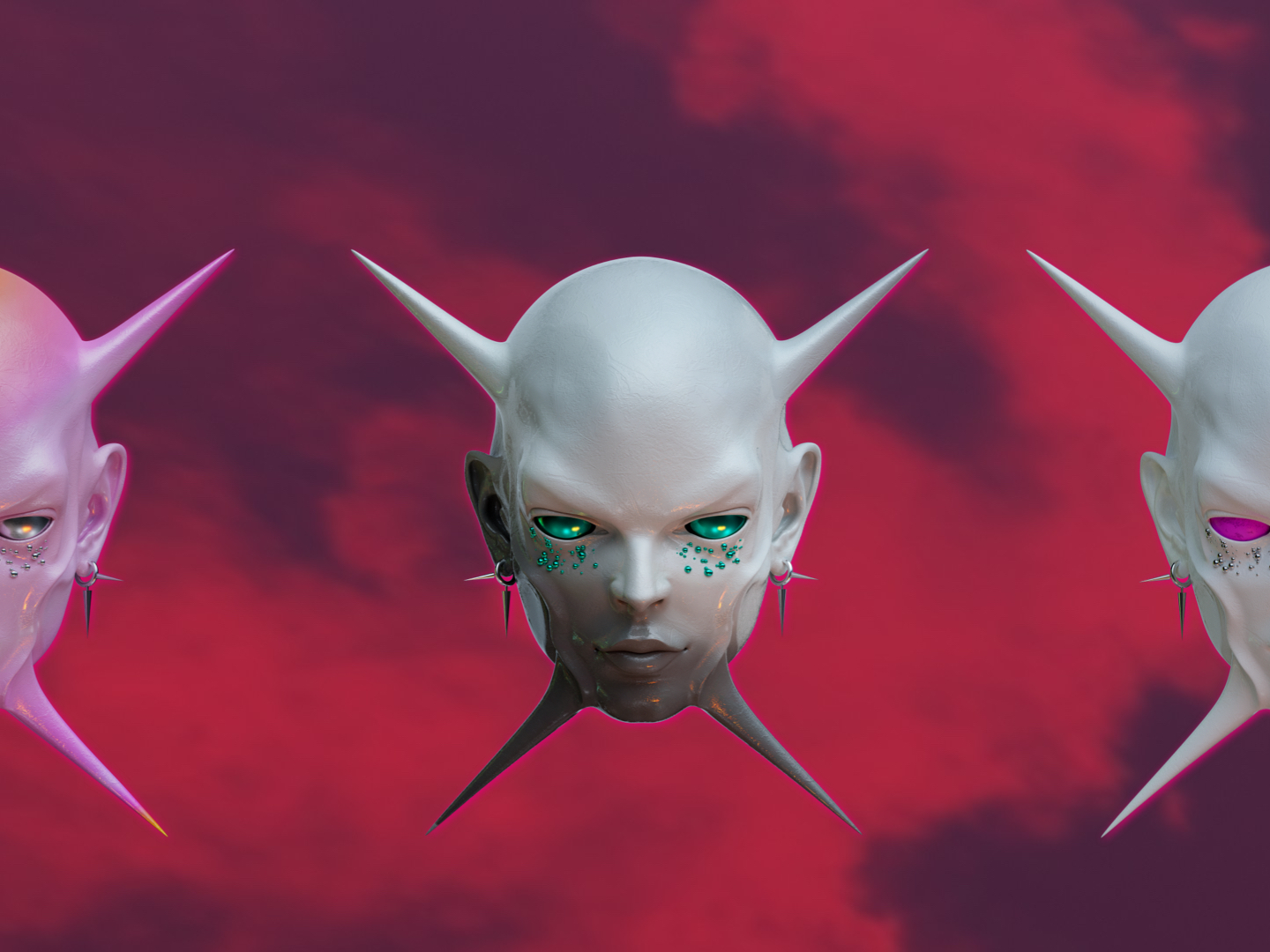Can Berlin Techno Clubbing Still Save Detroit?
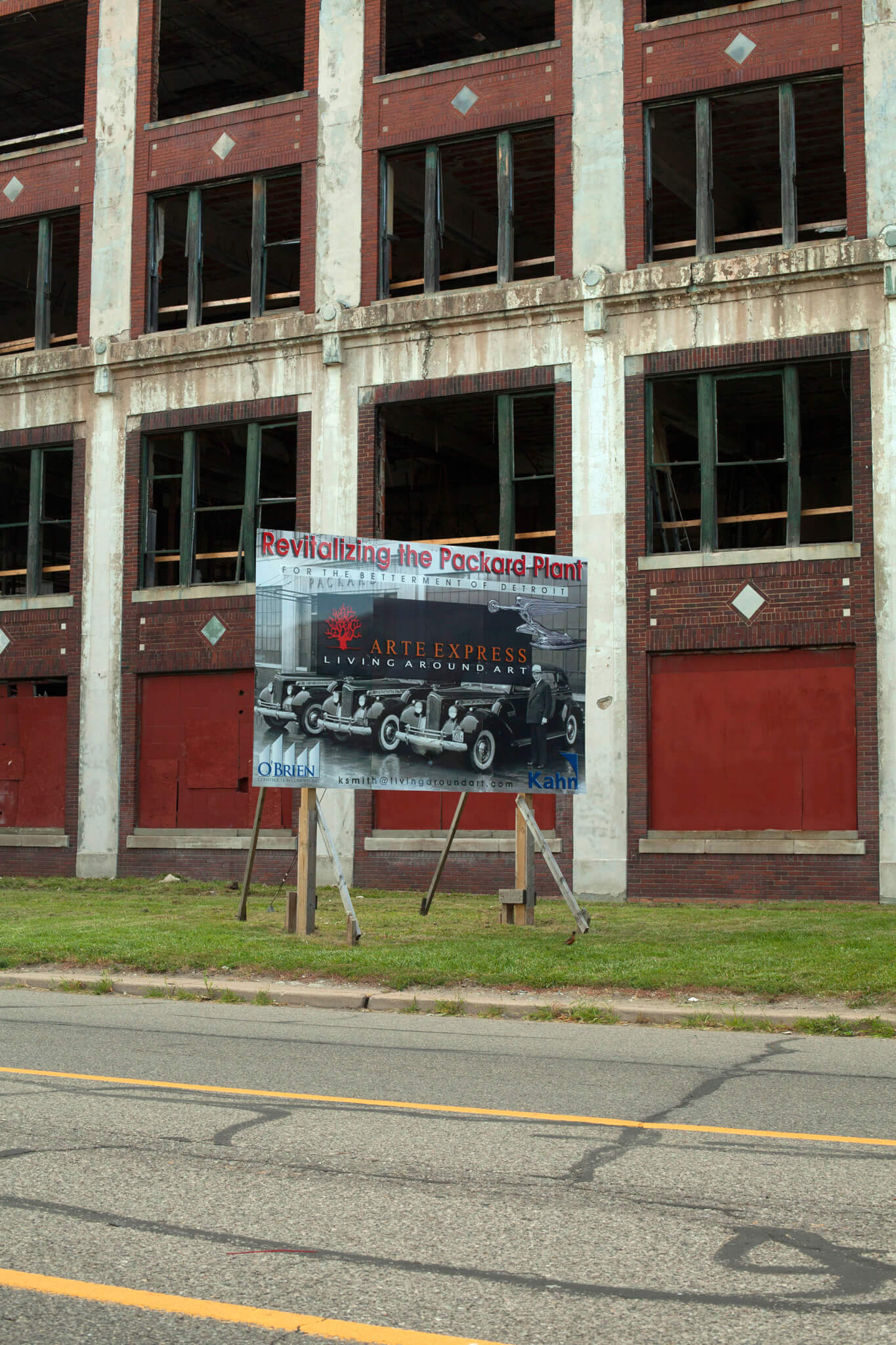
Dimitri Hegemann’s ambitious Packard plant regeneration project is underway. But will it work?
One of the more complex aspects of techno culture’s understanding of its musical origins is its fetishistic obsession with industrial disrepair and collapse. In some ways, this can be traced to its roots in the genre’s founding moment, Detroit, where a unique fusion of deep musical inspiration and extremely specific economic and urban conditions helped to forge the sounds of Detroit techno. Nevertheless, as this music seeped into the cracks of electronic music around the world, it was taken up as the music that would generally distill the aesthetics of abandoned warehouses and mechanic, technical repetition.
The problem is, of course, that Detroit—despite its fiercely rich and ever-present musical history—remains a city shackled by this same urban disrepair we tend to want to celebrate. The grand symbols of Detroit’s past industrial status remain unused and crumbling. It’s a city where entire neighborhoods exist without running water and thousands of homes have been foreclosed due to bad mortgages. To many this might touch on a romantic idyll of techno’s genesis, but to Detroit’s inhabitants (including its musical colonizers, like Underground Resistance, Omar-S or Theo Parrish), the city is need of regeneration.
Enter Dimitri Hegemann, the Tresor cofounder and Atonal mastermind, who has a more intimate connection with Detroit than most. Since co-founding Tresor in 1991, Hegemann has championed the sound of Detroit and the club shot to notoriety on the back of its active support of its leading figures. He is currently engaged in a huge revitalization project in the city, hoping to bring his experience of Berlin’s own reversal of fortunes back to Detroit. As previously reported, he has taken on the ambitious project of turning one of Packard’s dilapidated buildings into a multi-purpose complex, complete with a fully functioning club, a pop-up restaurant, a hostel for international visitors and an art gallery. Scheduled for development in phases over a 10-to-15-year period, it is also set to include artists’ studios, a spa and a “recreational complex with a racing component”—an addition that pays homage to Detroit’s (and a host of techno heavy-hitters’) drag-racing fandom.
In a fantastic and informative new piece of Resident Advisor, journalist Max Pearl visits Detroit and speaks to Hegemann about the project and the hurdles he must overcome to help return the city to its glory days as a techno music powerhouse. It’s a fascinating read for anyone interested in the major challenges facing urban centers’ attempts to re-align their identities along cultural grounds. You can read it in full here.
Read more: Made in Detroit—highlights from America’s best techno festival, Movement




